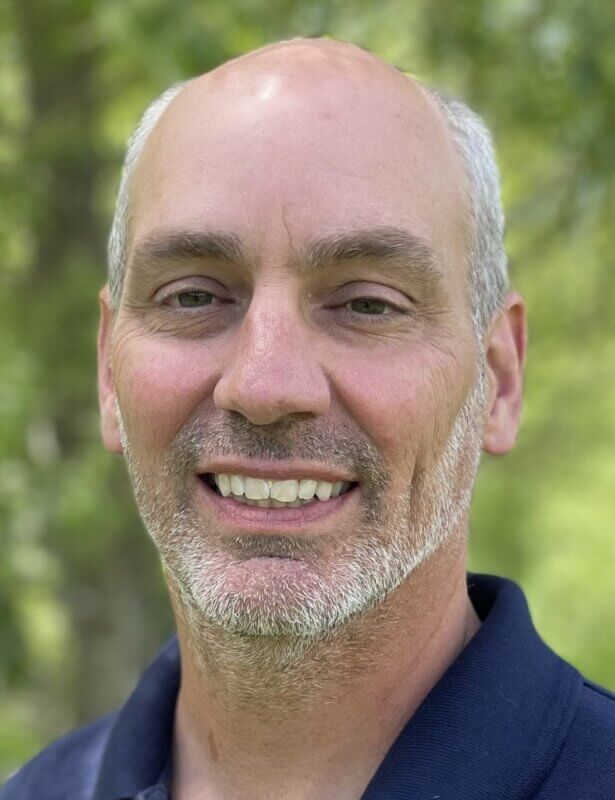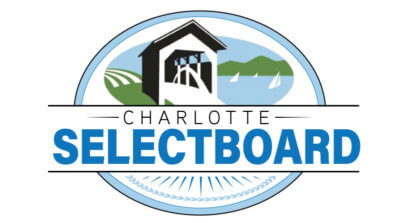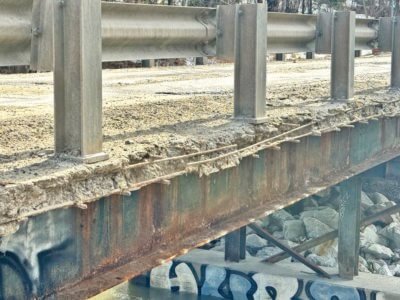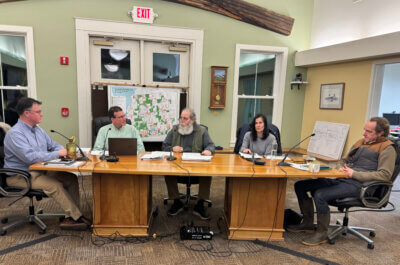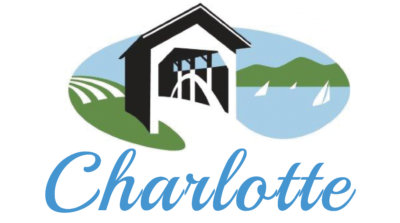Officials try to quench village planning project controversy
The Charlotte Selectboard meeting on Monday was in the library, and the library end of the town parking lot was filled a half hour before the Aug. 12 meeting began.
The selectboard was squeezed into the adult reading room on the northern end of the building for its meeting. The space was snug, with just enough room for the town’s business, but none to spare.
There was a fire and rescue meeting in the program room.
Library director Margaret Woodruff said, just before the selectboard started, a group had been playing canasta there. Canasta had been moved to the library from the senior center because a pressure tank water pipe had broken there. The leak was discovered about 6:30 a.m. on Tuesday, Aug. 6. The cleaners happened to be there and discovered the early morning leak, which was a lucky thing. The folks from fire and rescue next door were able to get the water turned off before more significant damage.

The selectboard met at the library on Monday, Aug. 12, because the town hall was already set up for primary voting the next day.
The senior center was back up and running, albeit with an amended schedule, less than a week later, with any activities that required the conference room moved or canceled while repairs are made.
It appears that insurance will cover the senior center repairs.
Meeting space was at a premium at the library on Monday, with the town hall unavailable for the selectboard meeting because it was set up for primary voting the next day.
During the town updates section of the selectboard meeting, town administrator Nate Bareham reported that a state engineer had visited the washed-out section of Spear Street near Carpenter Road caused by Hurricane Beryl flooding July 10-11. The town is working with the state to develop a comprehensive list of the damage, the repair costs and repair options.
Chair Jim Faulkner feels like work on getting the culvert that washed out replaced and the road repaired is going well, but “unfortunately, I think it’s going to take some time.”
Charlotte has three contractors “stepping up” to do the work, but the town needs to know if it can get funding from the federal government. Faulkner said, “It all looks like we’re going to, but there’s a difference between ‘going to’ and ‘got.’ We’re not there yet.”
Early on, during public comment, Charlie Pughe, chair of the planning commission, had been standing among the bookshelves since before the selectboard meeting started, possibly anxious to extinguish controversy concerning the consultants’ draft report on the East and West Village Planning project.
“That report was published long before it was ready for prime time. They did a terrible job, in my opinion, with what they produced,” Pughe said.
The preliminary plan shows buildings where there shouldn’t be buildings, like conserved lands, wetlands and steep slopes, he said.
“The plan that’s out there now is clearly not one that’s supported by the planning commission,” Pughe said. “I apologize we’ve kind of let it fester into this mess that it has, but we’re going to do hard work to get it back and make sure that people are comfortable with where we end up on it.”
He reiterated the planning commission’s goal of having as much public input on the village planning project as possible.
“We hear what people are saying. We understand the frustration,” Pughe said. “We were very frustrated ourselves, as the planning commission, with what we got.”
The planning commission’s original schedule was to have a plan ready for the town to vote on at this March’s Town Meeting Day. “That’s clearly not going to happen,” he said.
Pughe said they now are hoping to have something ready for resident approval by June 2025.
Faulkner said he had heard a lot of concern from people worried that they wouldn’t have an opportunity to vote on land-use regulation changes to the town plan, but that is not the case in Charlotte.
Much of this resident concern is probably due to the state changing the laws so that now a selectboard has the authority to change land-use regulations without a vote by residents, Pughe said.
But Charlotte town officials don’t seem to have any interest in changing land-use regulations without a vote by residents.
“I’m not comfortable at all with a selectboard accepting a town plan,” Faulkner said. “I don’t think the selectboard has any interest in voting on land-use regulations unless it’s just corrections. I think it’s important to have the taxpayer weigh in on those changes.”
In answer to a question about how the draft from the consultants, DuBois & King of South Burlington, ended up so “far off base” from the generally acknowledged consensus of resident visions for Charlotte, Pughe said he thought the company hadn’t done enough work and rushed to put something together by the deadline.
“Honestly, I think they were under a deadline and just put something in front of us without actually finishing it. So, like their paper was due at the end of the semester, they hadn’t done it,” Pughe said. “It was just sloppy workmanship.”
But, he said, the consultants will fix it, and the town will not pay extra for that.
Board member Frank Tenney confirmed there is a distinction between the “village plan,” which has become shorthand for the East and West Village Planning Project, and the “town plan,” which is a formal part of town statutes. Town planner Larry Lewack has described the village planning project as an attempt to develop a “picture of the community’s needs, preferences and hopes for the future.”
The village plan won’t be formally adopted by the planning commission, the selectboard or the residents, Pughe said. It’s just a guide to help “conceptualize” how residents want Charlotte to be and help guide the planning commission in proposing land-use regulation changes to achieve that vision.
Related Stories
Popular Stories
If you enjoy The Charlotte News, please consider making a donation. Your gift will help us produce more stories like this. The majority of our budget comes from charitable contributions. Your gift helps sustain The Charlotte News, keeping it a free service for everyone in town. Thank you.
Bill Regan, Chair, Board of Directors
